We would always say that we were the ambassadors of love and happiness, causing people to smile as they passed by us, the chemistry almost touchable.
At that point, the fact that he was a Jew and I was an Italian Catholic didn’t seem to make much difference. We were in love and that was all that mattered.
As we traveled through our relationship and through the past two and a half years, we overcame many of the obstacles that couples face. We also embraced the issues that arose due to our interfaith relationship, knowing that it was an important and vital component, not something to put off or take lightly.
Our discussions about religion began early on and became a running dialogue. We started off slowly, trying to discuss this delicate topic without hurting any feelings, but soon realized that if the relationship were to proceed, the hard questions needed to be asked. How do you want your children to be raised? Can you accept symbols such as a Christmas tree or a menorah that reflect the other’s religion? Do you feel that you can be true to yourself and your faith if you have a partner who is of a different religion?
Having asked these questions, we knew that the answers were nowhere except within. We read, we discussed, we attended seminars about being interfaith, and we learned about each other. Through this and because of this, our love and relationship continued to grow.
David voiced to me during one of our many discussions that he felt very strongly about having his children bar or bat mitzvahed. Knowing that his father was a Holocaust survivor who has since passed away, I understood and empathized with his strong feelings about this, and I began to think. Raising Jewish children was not something I ever had to consider before, and when I met David, I initially assumed that we would do "both."
I then began to think more about David’s desires in regard to what I viewed as my greatest hopes for my future children: that they be kind, moral and believe in something larger than themselves. If these were the things that I regarded as most important, and if my spouse had such strong feelings, then getting there through Judaism rather than Christianity would be OK. Not always easy or natural for me, but OK.
You would think that any tension and unhappiness that arose regarding our interfaith relationship and its future would come from my family, since I had decided to raise my future children Jewish. However, it proved to be the opposite. My mother, although not happy with the decision, was supportive, realizing that these were my decisions to make, understanding that she would still play a significant role in her grandchildren’s lives. David’s mother, however, despite the sacrifice that I had decided to make for him, believed that it wasn’t enough and that he should still marry a Jewish woman. Her unhappiness with our growth as a couple soon became obvious and vocal. She expressed to him her belief that there must be a common base in order for a relationship to survive — and that base needs to be religion.
Slowly, the constant pressure, comments from and discussions with his immediate family began to chip away during two years of soul-searching, discussions and resolutions until David became torn and conflicted between our love and his loyalty to his family and religion. I understand that his family only wants the best for him. However, I also believe that there doesn’t need to be a choice between love and loyalty; that the two can co-exist if both people are willing to compromise in some way.
We, as a couple and as individuals, had reached a place where we both felt that we were being true to ourselves as well as to our religions. However, David’s growing inner conflict was something he could no longer resolve or even understand, and it hindered our growth. Knowing that this was something he needed to resolve within himself in order for our relationship to survive, we decided that it would be best for him to work it out alone. We decided to split up, putting our relationship and love to the ultimate test.
Being without him fills me with a tremendous sadness, as does the uncertainty of whether or not our roads will join together once again. I don’t know if the resolution of his inner conflict will reunite us or keep us apart. However, I understand that this is a journey I cannot take with him, and I can only pray that he finds the strength that I know he has within himself to find his own truth. I look at this as a time for answers, knowing that God has a plan.
If our love is as true and as strong as we believe, we will find our way through this and will be stronger for it — once again bringing smiles to other people’s faces as well as to our own.
Lia Del Sesto is a freelance graphic designer and professional vocalist from Providence, R.I. Reprinted courtesy of InterfaithFamily.com, a member of the Jewz.com Media Network.









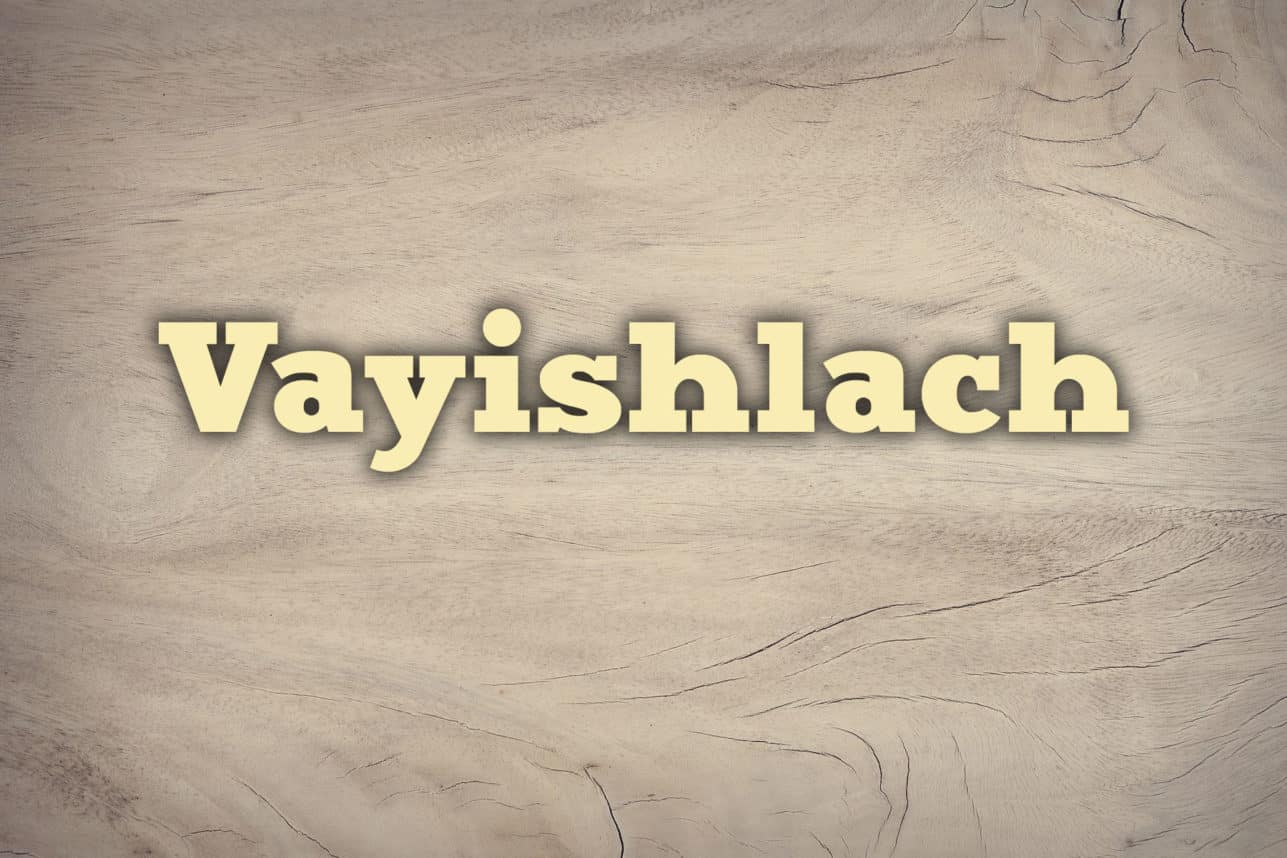
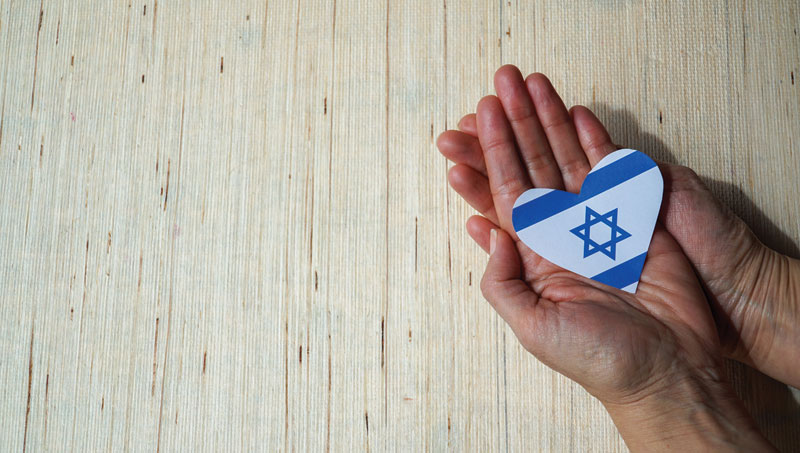

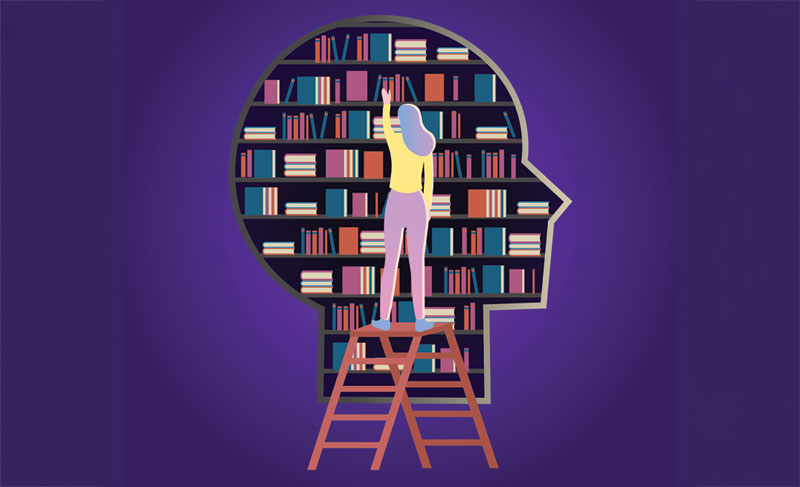
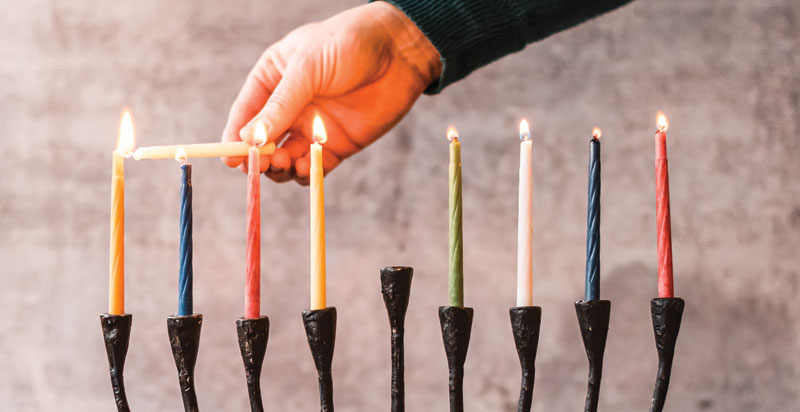
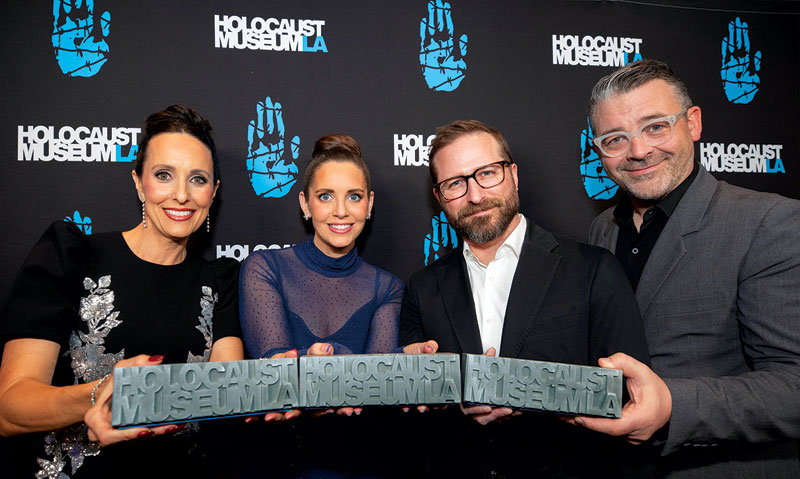
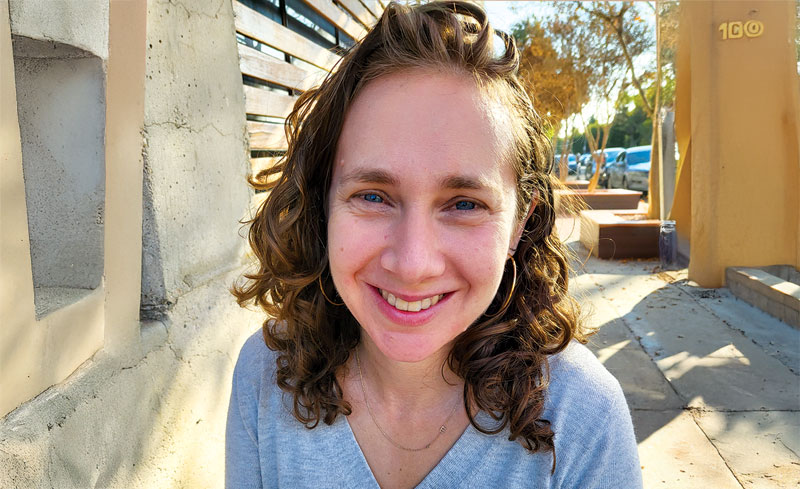
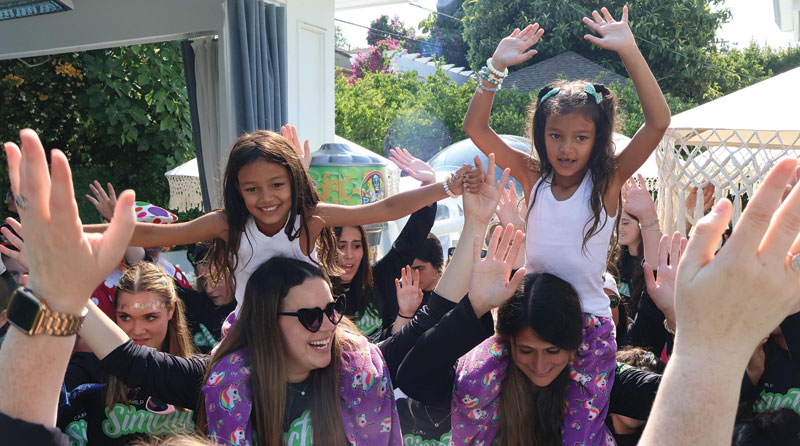





 More news and opinions than at a Shabbat dinner, right in your inbox.
More news and opinions than at a Shabbat dinner, right in your inbox.